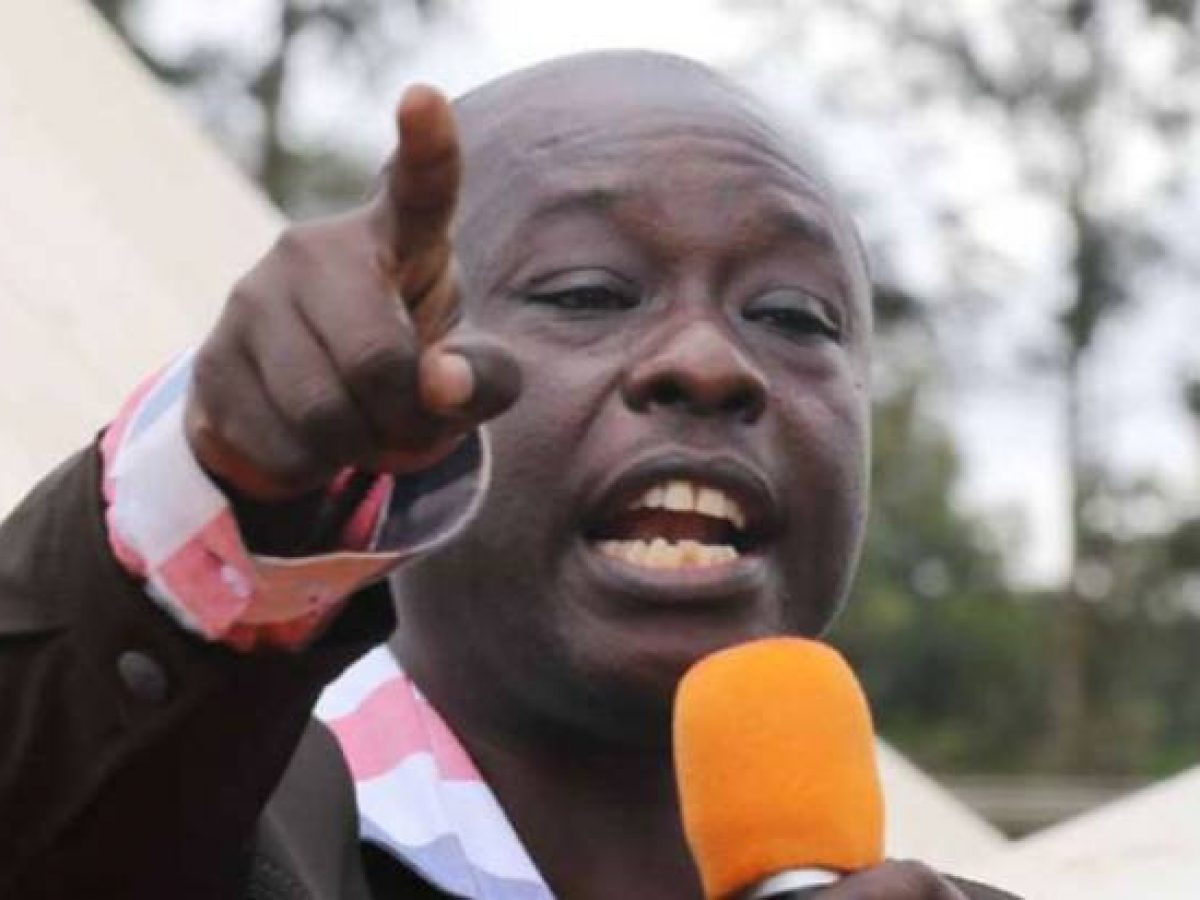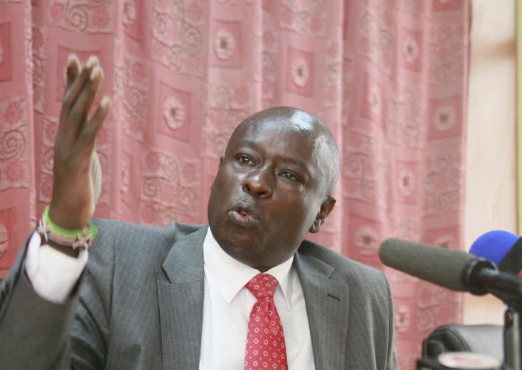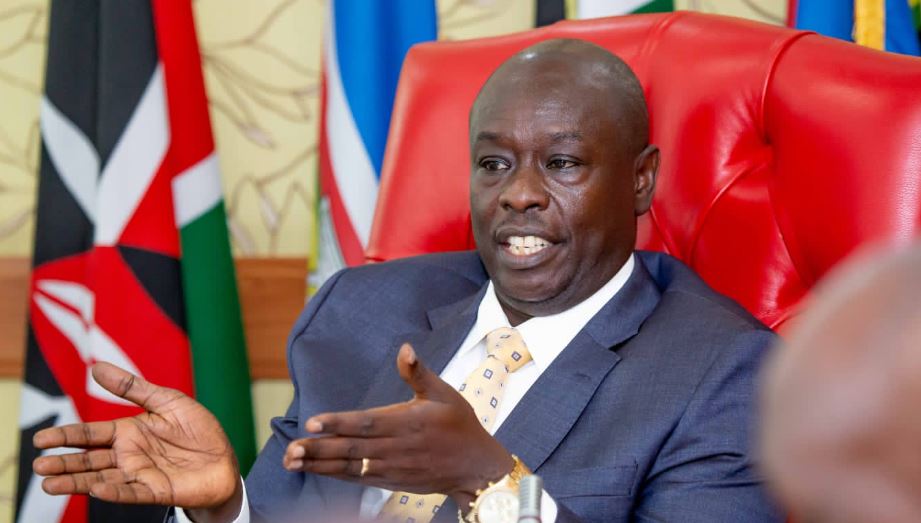Deputy President Rigathi Gachagua has admitted to formerly misusing alcohol.
Speaking at a conference on eradicating alcoholism and drug misuse in the Rift Valley region on Monday, the deputy president said he has since given up alcohol after becoming a 'born-again' Christian.
Gachagua said that Neither the President, Interior Cabinet Secretary Prof Kithure Kindiki, nor the rest has an alcohol problem. He must admit that he used to drink a lot before he got saved, and things have been perfect since he stopped drinking.

He declared that quitting alcohol improved his life and pushed others to do the same, saying, That is how he became deputy president and invited those who drink to consider dropping it. Maybe things will improve.
At the same time, the vice president placed law enforcement officers on notice, accusing them of supporting the menace by seeking bribes and operating drinking establishments.
"We are very pleased with the police officers who are doing an excellent job, but we have a serious problem with a few of them who have a conflict of interest and have opened bars in the communities where they serve." "We have a problem with a few officers who are collecting protection fees; officers who are supposed to arrest drunkards but are even more drunk," Gachagua explained.
He warned renegade businesses who have been creating illegal booze in filthy distilleries, bottling and marketing it as legitimate brands that the government will not hesitate to punish them.
"None of us has a problem with alcohol, but we do have a problem with poison in the name of alcohol," Gachagua explained.

Brewers have been transporting ethanol from neighbouring Tanzania, according to the DP.
According to Interior Principal Secretary Raymond Omollo, the government had detained over 3,000 persons, closed 5,000 unauthorized establishments, and recovered over 2 million litres of illicit alcohol as of May 12.
According to the most recent data from the National Authority for the Campaign Against Alcohol and Drug Abuse (NACADA), Kenya's Western area leads the country in terms of alcoholism, with a prevalence rate of 23.8%, followed by the Coastal region at 13.9%, and Central at 12.8%.
Regarding alcohol consumption, the Western area has the highest rates of chang'aa and traditional brew consumption. In contrast, the Central region has the highest rate of potable spirits consumption (4.1%), followed by the Coast (3.2%) and the Rift Valley (3.1%).
The Central area has the highest rate of current tobacco use at 11.9%, followed by the Coast (10.8%) and Eastern (10.7%).









